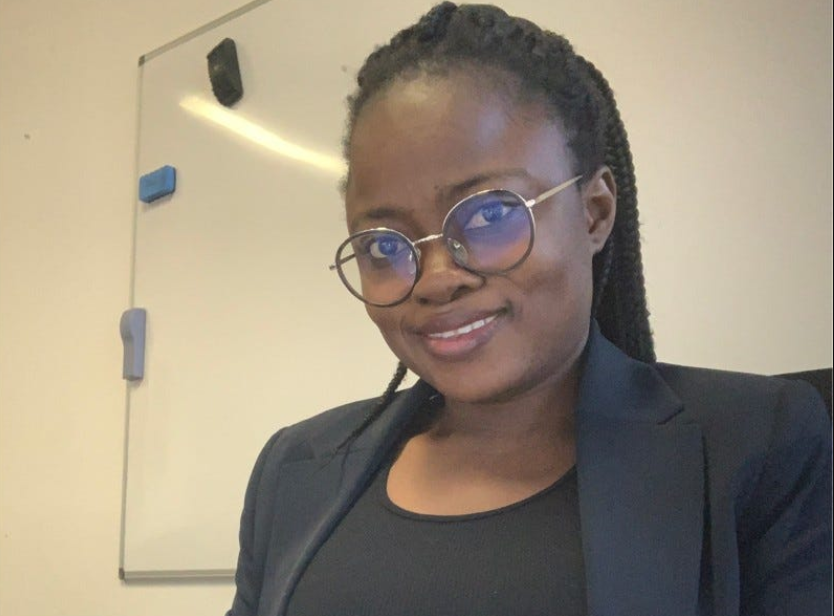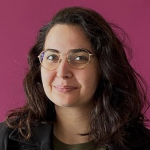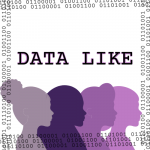
ΑΙhub.org
Datalike: Interview with Angelique Yameogo

Angelique Yameogo is studying for a PhD at the University of South Brittany in France. Her thesis is focused on fake news analysis using data science techniques. She has worked with several companies in Burkina Faso as an artificial intelligence engineer and mobile developer. She is skilled in HTML, CSS, JavaScript, pandas, sci-kit-learn, NLTK and others.
Through networking, you can also access hidden opportunities and keep abreast of trends and developments in your field.
– Angelique Yameogo
Can you briefly tell us an overview of your career and explain how you got started in data science?
My career path is somewhat atypical in the field of data science. Initially, I obtained a bachelor’s degree in Networking and Systems and then continued my studies with a research master’s degree in cybersecurity. My interest in technology and IT security led me to explore various aspects of these fields.
However, it was during my six-month internship to validate my master’s degree that I had the opportunity to delve into the world of data science. During this placement, I was involved in a research project aimed at automatically detecting false information from massive data. This project gave me solid practical experience in data analysis, the use of data processing tools, the use of natural language processing tools, and the use of machine learning techniques to classify information
Working on this project not only allowed me to deepen my knowledge of data science but also to discover my passion for this field. I was fascinated by how data can be harnessed to solve complex problems and how data science techniques can be applied to make informed decisions.
After completing my internship, I continued to develop my data science skills by taking online courses, reading specialist books, and taking part in practical projects. Today, I’m continuing my studies by doing a thesis in the field of fake news analysis, where I’m working with data science techniques.
Did you experience any difficulty in your career, and how did you overcome it?
One of the most difficult moments in my career was when I was doing a research placement for my master’s degree in cybersecurity. I was tasked with developing a model for the automatic detection of false information from massive data, and I found myself faced with several major challenges.
Firstly, the amount of data to be processed was immense, and I quickly realized that traditional methods of processing and analysis would not be sufficient. What is more, the data was often noisy and incomplete, which made the task even more difficult.
Then, implementing the machine learning algorithms to classify the information was complex, and I encountered problems of overfitting and unsatisfactory model performance.
To overcome these challenges, I had to adopt a methodical approach. I started by carrying out an in-depth analysis of the data to understand its structure and content. I then explored various data pre-processing techniques to clean and normalize the data, which helped to improve the quality of the results.
At the same time, I also sought help from my colleagues and my placement supervisor for advice and feedback. This difficult time in my career not only allowed me to develop my technical skills but also strengthened my ability to deal with complex challenges.
How important do you think networking is, and do you have any tips for effective networking?
Networking is an important part of career development. It offers many opportunities, including the chance to meet industry professionals, exchange ideas, share experiences, and establish fruitful collaborations. Through networking, you can also access hidden job opportunities and keep abreast of trends and developments in your field.
For effective networking, it is important to listen carefully and ask relevant questions to show your interest in others. In addition, it helps to have a professional online presence and to attend networking events, conferences, and seminars in your area of expertise. Finally, I think it is important to cultivate your relationships and maintain contact with your professional contacts by sending them regular updates on your achievements and projects.
Do you have any other information you’d like to share?
I would like to stress the importance of ongoing training and professional development. In a constantly evolving field like data science, it’s essential to keep up to date with the latest technologies, trends, and best practices.














